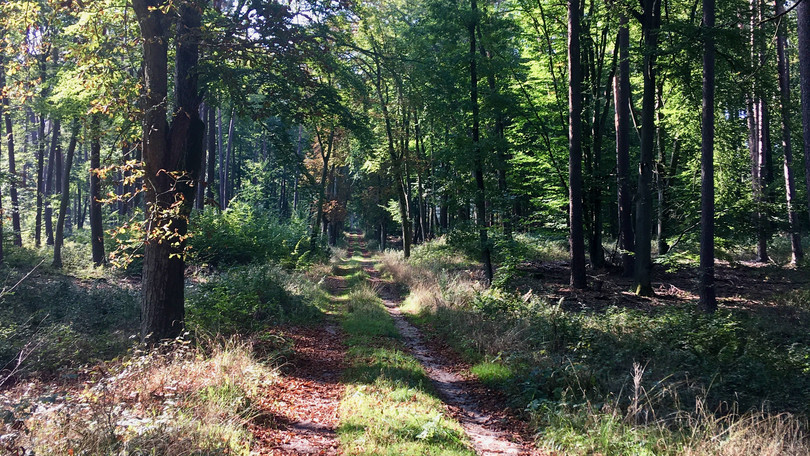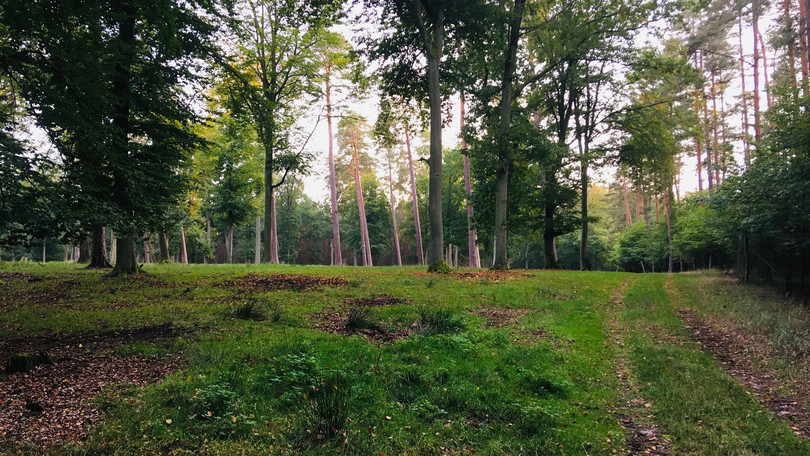Social-Ecological Systems Institute (SESI)
Vision & Mission
We envision a fair world where the benefits generated within social-ecological systems are shared sustainably with other species, both within and across generations. Solutions to sustainability challenges are developed collaboratively across diverse scientific disciplines, knowledge systems, and social interests. To realise our vision, we recognise the need for transformative change. In pursuit of such change we:
- use place-based social-ecological systems thinking to understand and resolve sustainability challenges such as biodiversity loss and environmental injustice;
- bring together insights and approaches from the natural sciences, social sciences and the humanities in genuinely collaborative endeavours;
- integrate experiences, practices, and understandings from diverse knowledge systems;
- embed tools for transformative change into the social-ecological systems thinking via a leverage points perspective;
- develop and apply methods to bridge multiple scales and governance levels; and
- provide spaces for people sharing our vision to meet and exchange ideas.
Sustainable Landscapes
Prof. Dr. Jörn Fischer
International Sustainable Development and Planning
Prof. Dr. Berta Martín-López
Sustainable Resource Use
Prof. Dr. David Abson
Junior Research Group
Dr. Jan Hanspach
Affiliated professorships
Sustainable Use of Natural Resources (IE)
Prof. Dr. Jacqueline Loos
Ecosystem Functioning and Services (IE)
Prof. Dr. Vicky Temperton
We primarily conduct integrative and transdisciplinary research. In particular, the following topics are central to the Institute's research work:
- Biodiversity conservation
- Biocultural diversity
- Cross-scale governance
- Leverage points & transformation
- Ecosystem services
- Relational values
- Environmental justice
A compact overview of relevant aspects and characteristics of these topics as well as concrete examples – furthermore, why, how and by whom research is done at the SESI – is presented to you in the video Starting a conversation: key themes of social-ecological systems research at Leuphana University, which is the first part of the online seminar and vidcast Social-Ecological Systems: A global conversation.
A systematically structured compilation, cross-linking and presentation of detailed information on research activities – such as publications or projects – as well as on organizations and researchers of the SESI can be found in the Research Index (FOX). A person-related output of this data is also provided on the researchers' and lecturers' webpages, which you can access via the Team section.
Moreover, we regularly post articles and news, report on new publications, conference contributions and much more on our blog Science for Sustainability.
Lecturers at the SESI are involved to varying degrees in different bachelor and master programmes at the College respectively at the Graduate School. In particular, modules and courses in the following study programmes are offered and supervised:
Current courses with information on lecturers, content and goals can be viewed on the webpages of the professorships and working groups. Members of the university can obtain in addition detailed module descriptions, information on dates and schedules, examinations, etc. on the myStudy portal.
After the successful completion of a masters programme the SESI offers the possibility to do doctoral studies in order to derive the degree Dr. phil., Dr. rer. nat. or Dr. rer. pol. What has to be considered – from admission to the partially structured doctoral courses and research groups to implementation – is presented on the webpages about the doctoral programme at the Graduate School and the doctorate at the Faculty of Sustainability.



